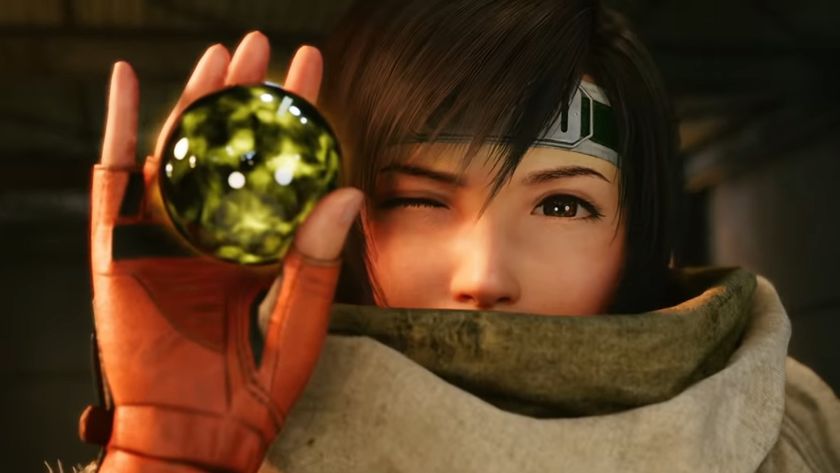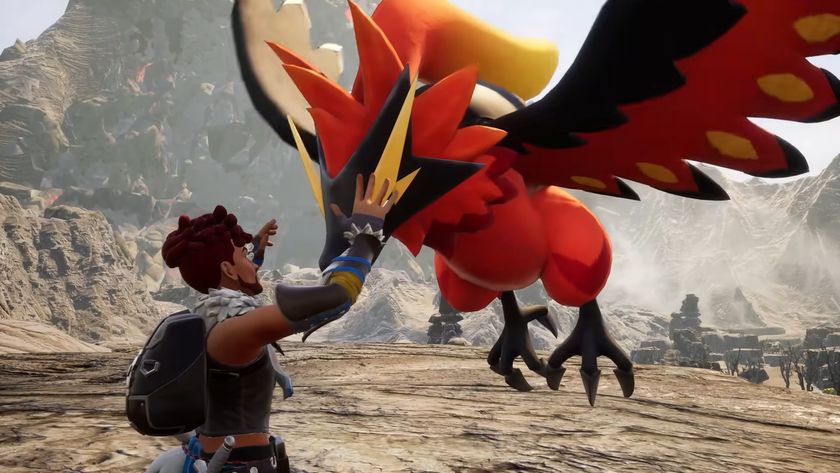Why you can trust 12DOVE
When Fruitvale Station played Sundance last year, it walked away with both the Grand Jury prize and the Audience Award – just the fourth film in the history of the festival to do so. It was a triumphant moment for a film so steeped in the tragedy of one man, Oscar Grant, who lost his life in the early hours of January 2009.
Living in Oakland, California, 22-year-old Grant was caught up in a nothing-scuffle on a train as it pulled into Fruitvale Station. Before he knew what was happening, he was face-down on the platform; within seconds, a policeman fired a bullet into him.
Writer/director Ryan Coogler pulls no punches, opening the film with actual camera-phone footage (easily available on YouTube) that was shot by onlookers that night. What follows is a reconstruction of Grant’s final 24 hours.
Played by Michael B. Jordan, in what is likely to become a career-defining role, Grant’s day begins as he loses his job at the grocery story, despite seeming like a model employee (even phoning his grandma to help a customer out).
The film has already drawn fire for certain scenes – like the above – where Coogler paints Grant to be something of a saint. Further moments – from Grant helping an injured dog in the street to ditching his dope and vowing to stop dealing – only reinforce that impression.
But to his credit, Coogler offers balance. There are flashbacks to Grant in jail, losing his rag as his mother Wanda ( The Help ’s Octavia Spencer) arrives to visit. And we see him placating girlfriend Sophina (Melondie Diaz) – mother to his daughter – for a recent affair.
While you can debate Coogler’s characterisation, what can’t be denied is just how powerful the final scenes are. Burning with injustice, the director shoots it unsparingly. Showing us a senseless loss of life, you’ll leave the cinema with howls of rage ringing in your ear.
James Mottram is a freelance film journalist, author of books that dive deep into films like Die Hard and Tenet, and a regular guest on the Total Film podcast. You'll find his writings on 12DOVE and Total Film, and in newspapers and magazines from across the world like The Times, The Independent, The i, Metro, The National, Marie Claire, and MindFood.

Metaphor: ReFantazio wanted to fix the JRPG grinding problem, but Atlus went too far at one point and accidentally broke the whole combat system

Final Fantasy 7 Remake and Rebirth battle director says combining everything he learned on Monster Hunter: World with Square Enix's technology and unique skills created a "chemical reaction"

"Minutes after Palworld released," Pocketpair was already getting game pitches from "some really big names" before it even set up its own publisher: "No one has money at the moment"











